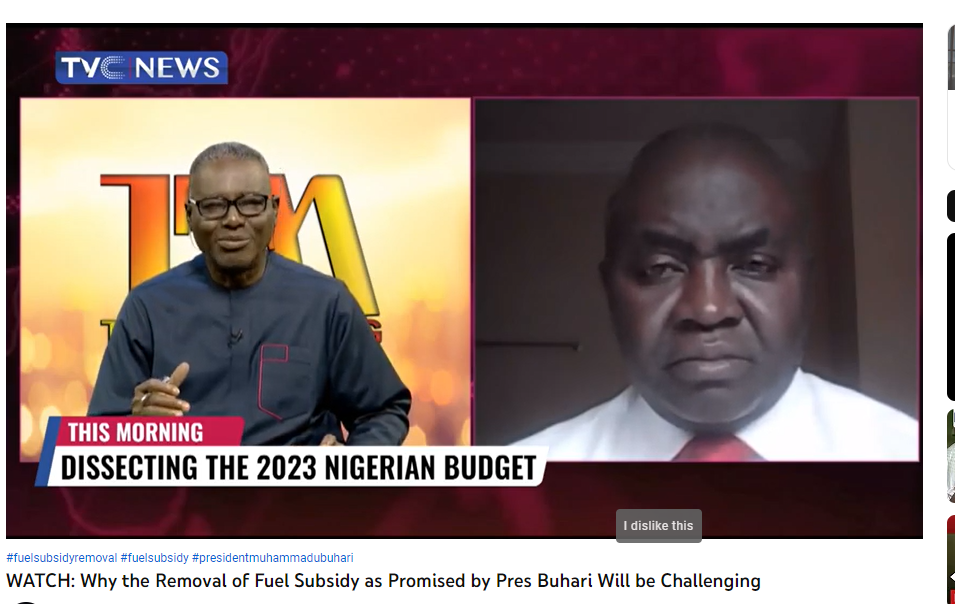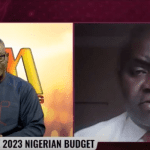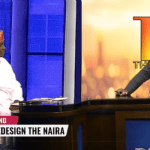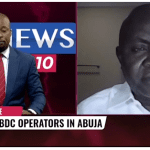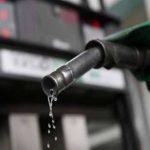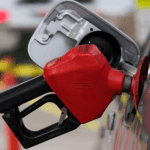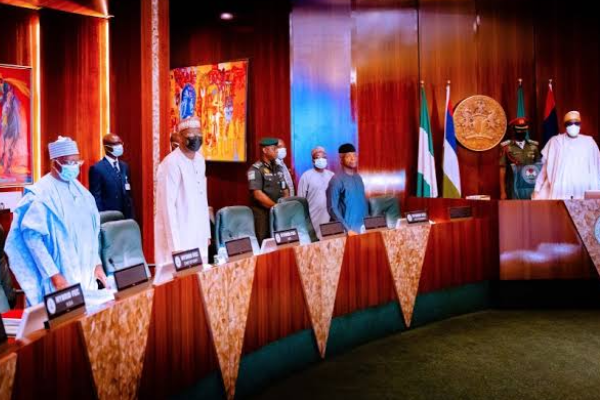The stated decision by President Muhammadu Buhari to remove the subsidy on Petroleum products will be a major challenge in the new year.
Economist and Executive Director of the Centre for the Promotion of Private Enterprise, Dr Muda Yusuf, mad this assertion while speaking on the This Morning on TVC News with Yori Folarin.
Dr Yusuf while speaking on the budget proposal for 2023 said the President has shown that he is reluctant to remove subsidy but just kicking the can down the road for a new administration which will be challenging.
He added that removing subsidy now will be counter productive despite the fact most Nigerians and Other Observers are aware that it is the way to go.
He identified the spiral effect a removal of subsidy on Petrol will have on everyday living describing it as a major issue that must be treated with the care and attention it deserves.
According to him, despite the oft repeated claim that the poor do not benefit from subsidy directly, its removal will have a negative effect on prices of goods and Services which will in turn affect the poor.
He however advocated for a phased removal of subsidy adding that removing it completely is almost an impossible task and will be deeply unpopular.
Read Excerpts below…
“The proposal that is on the table is that the President also wants to kick the can up until his exit. And of course that is easy to do. But when it comes to activating that decision, it’s not as easy as people talk about it. Because if by middle of next year, when this President will have left, I don’t see how practical it would be for a new government to come and suddenly remove the entire subsidy.
People have described it as a scam or whatever, but the reality is that even though there’s a whole lot of corruption dimension to it, the reality is that if you remove it today, the fuel price may go up to close to $400 if you remove it completely, especially if oil price remains at current levels or even above it.
So it may not be so practical. I think that is the argument of the National Assembly that the President will push the team up to the time he’s leaving and now allows the responsibility to the incoming administration to immediately remove it.
That may be a big challenge. The idea is to bring a lot of shock to the citizens if you must remove it. My view is that it’s something we have to do gradually, maybe in phases, so that the shock on the citizens will not be too much. Because as we speak, we know what the poverty situation is, no matter what we say.
“People say that the poor will consume petrol, but it has a cascading effect. Once petrol prices go up, we are talking about moving up almost 100%. That may have a very serious backlash, especially for a new administration. So I think that it’s something that needs to be reviewed”.
We can look at phased removal of it, but what is clear is that subsidy is not sustainable and the earlier we’re able to deal with it the better. Because part of the issues we are having, even with the budget deficit and all of that, it’s also because of the weight of the subsidy, the actual subsidy and the corruption component of the subsidy.
All of these things are putting a lot of pressure on the finances of government. And surely it is not sustainable in the MTEF that was presented by the Finance Minister she presented two scenarios of the budget one for half year, one for the full year.
And she said that for the full year we’d be talking about over 6 trillion in terms of the cost of subsidy. And if we go with that scenario we are not going to have any capital debt at all for 2023.
That’s what she said. So the earlier we deal with that the better. Then we have this problem of oil theft. Happily the government belatedly is now doing something about it. After too much harm and damage have been done to the economy. Many of the oil companies have left. But you can see the scale of the destruction and the damage that has been done to the entire ecosystem in the oil producing area.
“This will also take some time to actually bring on board. I was listening to a report recently also that they discovered about 40 different tapping points. Just about four kilometer pipeline that is massive. So if we’re able to deal with that, getting somewhere with insurance, fiscal, fiscal sustainability, then we need to create the environment for investment to come into this economy.
“Okay? It is through investment that government can raise revenue. If the policy environment is not right, if your foreign exchange policy is not encouraging investment, foreign investment will not come. Even the bank are talking about getting private and my colleagues also thought about it. But if the policy involvement is not right, it is difficult to get investors to come. So we need to also create environment for the investment to come so that there is a correlation between the size of investment and the revenue that the government is good”. Okay?

